SEOUL (Reuters) - South Korean President Yoon Suk Yeol faces the greatest threat to his brief but chequered political career, with his fate in the hands of judges after some of his allies turned from him and voted to impeach him on Saturday for allegedly leading an insurrection.
Regarded as a tough political survivor but increasingly isolated, he has been dogged by personal scandals and strife, an unyielding opposition and rifts within his own party.
After he narrowly won election in 2022, his recent battles have left him increasingly bitter and have drawn out a recklessness that a former rival said was his defining trait.
By the time Yoon imposed a short-lived martial law on Dec. 3, he was badly bruised politically.
This week, his appeal that he had acted only out of "burning patriotism" to save the country from destruction and defiance to "fight to the end" did little to ensure continued support from those who earlier were not convinced he had committed an impeachable crime.
Instead, the 29-minute address drew alarm that he may have become unhinged, his sense of judgment so badly damaged that he was now a danger to the global industrial powerhouse and one of the most powerful success stories of democratic resilience.
Shin Yul, Myongji University political science professor, said Yoon was likely listening to the wrong people such as right-wing extremists, YouTube personalities, and probably "still thinks he did the right thing."
An opposition Democratic Party member said Yoon's address was a "display of extreme delusion".
Even those who were more sympathetic said he had buckled under extreme pressure under endless political attacks, some of which he probably took personally.
"I hope we remember how the opposition party has incredibly and viciously pushed the president and his family into the corner with threats of special prosecutors and impeachment," Ihn Yohan, a physician and member of parliament for Yoon's People Power Party (PPP), said.
SCANDALS, THREATS OF PROSECUTION, 'AMERICAN PIE'
The past year of Yoon's presidency has been heavily overshadowed by a scandal involving his wife, who was accused of inappropriately accepting a pricey Christian Dior handbag as a gift and his stubborn refusal to fully own up to it.
Yoon only apologised after the scandal was blamed as a major reason for a crushing parliamentary election defeat his party suffered in April. But he continued to reject calls for a probe into the scandal and into an allegation of stock price manipulation involving his wife and her mother.
The prosecutors office that investigated the allegations decided not to press charges against the first lady.
Yoon's struggles at home have overshadowed the relative success he has had on the international stage.
His bold push to reverse a decades-long diplomatic row with neighbouring Japan and join Tokyo in a three-way security cooperation with the United States are widely seen as his signature foreign policy legacies.
Yoon's ability to bond on a personal level, seen as the trait that gave him his early success, was on full display at a White House event last year, when Yoon took the stage and belted out the pop song "American Pie" for an astounded U.S. President Joe Biden and a delighted crowd.
SHAMANS, HIGH SCHOOL BUDDIES
Born to an affluent family in Seoul, Yoon was an easygoing youth who excelled at school. He entered the elite Seoul National University to study law, but his penchant for partying led him to repeatedly fail the bar exam before passing on the ninth try.
Yoon, who turns 64 on Dec. 18, shot to national fame in 2016 when, as the chief investigator probing then-President Park Geun-hye for corruption, he told a reporter that prosecutors are not gangsters, when asked if he was out for revenge.
Three years earlier, Park had suspended Yoon, then fired him from a team investigating a high-profile case against the spy agency. That move was widely considered punishment for challenging her authority.
The role he played in jailing the sitting president and his dramatic comeback as head of the powerful Seoul Central District Prosecutors' Office, marked the start of a dizzying rise to power.
Two years later, he became prosecutor general and spearheaded a corruption probe against a close ally of the next president, Moon Jae-in. That made him a darling of conservatives frustrated with Moon's liberal policies, setting him up to be a candidate for the presidency in 2022.
But his presidency got off to a rocky start when he pushed ahead with moving the presidential office out of the Blue House compound to a new site, facing questions whether it was because of a feng shui belief that the old presidential compound was cursed. Yoon at the time denied any involvement by himself or his wife with a shaman.
When Yoon refused to fire top officials after a 2022 Halloween night disaster, in which 159 people were killed, he was accused of protecting his "yes men". One of them was Safety Minister Lee Sang-min, a fellow graduate of Yoon's high school.
Another alumnus of the Choongam High School in Seoul was Kim Yong-hyun, the man who spearheaded the presidential office move, then became the presidential security service, and in September was appointed defence minister.
Kim was one of the two people who recommended that Yoon declare martial law, a senior military official said. Lee was the other.
(Reporting by Jack Kim and Hyonhee Shin; Editing by Michael Perry and William Mallard)

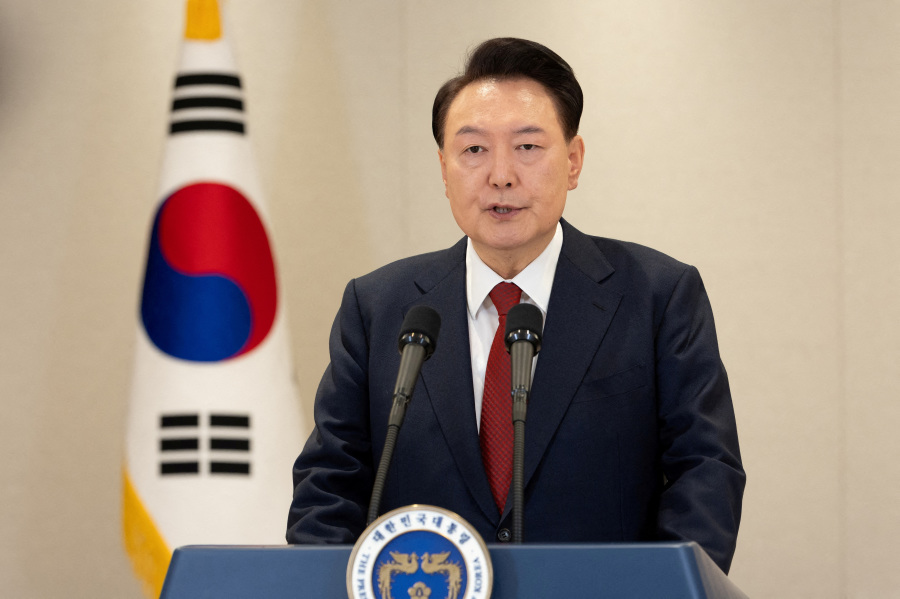


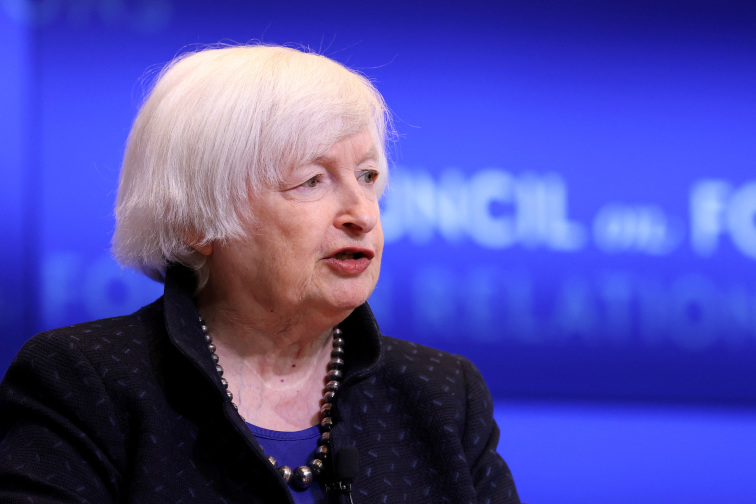

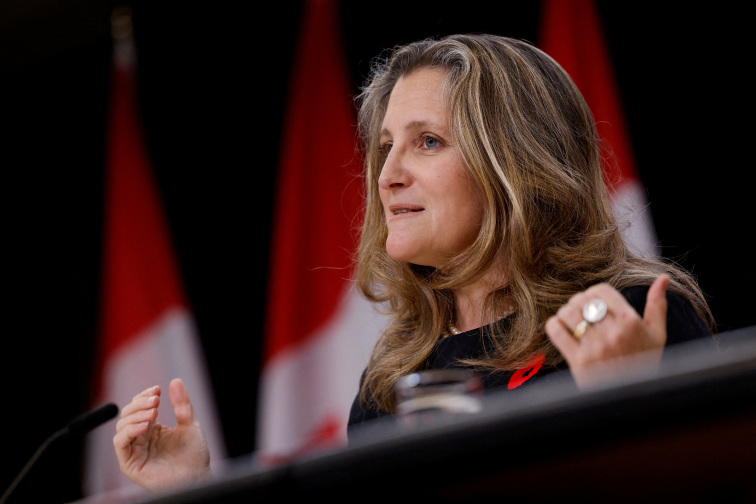
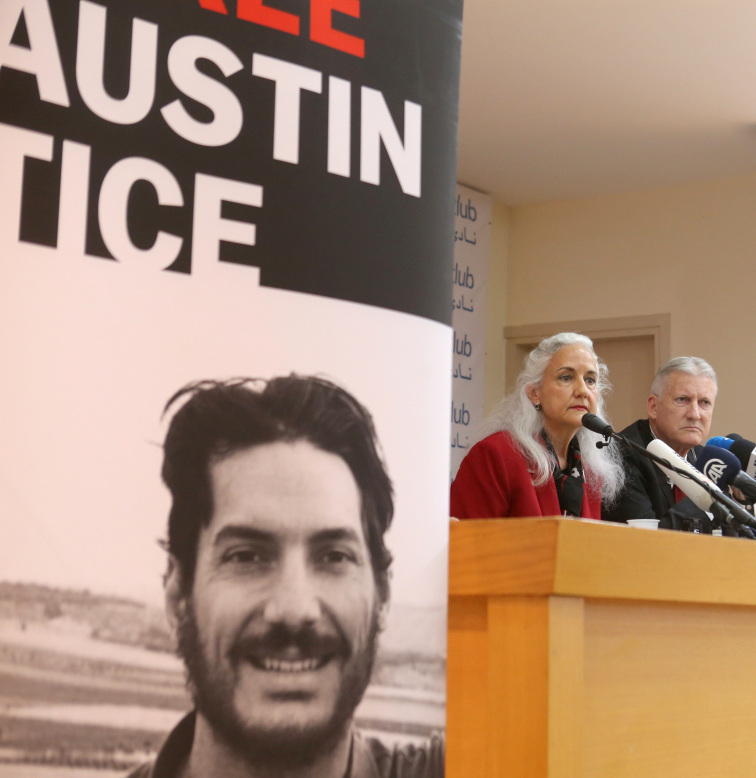
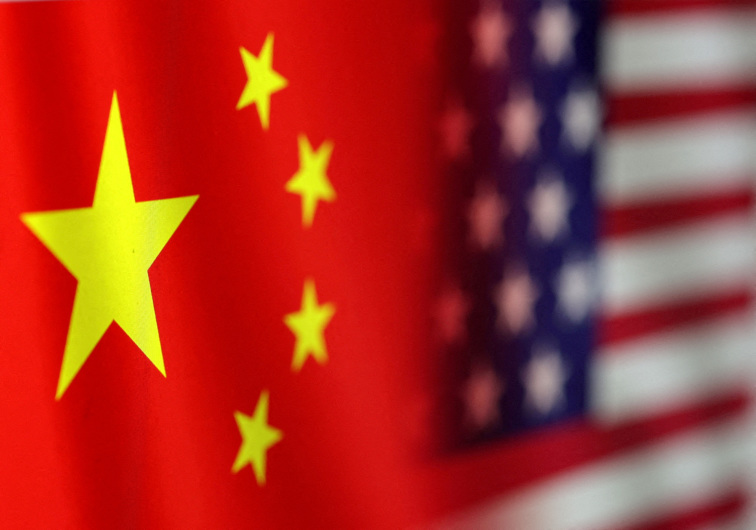
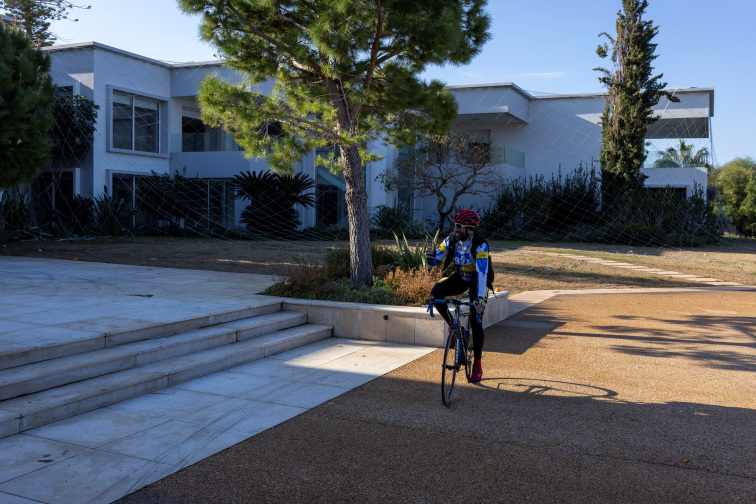

News magazine bootstrap themes!
I like this themes, fast loading and look profesional
Thank you Carlos!
You're welcome!
Please support me with give positive rating!
Yes Sure!